Life is an all-uphill battle for those with Borderline Personality Disorder. Although it can be heartbreaking to know that someone you love may have this ailment, however, it always helps to know about the symptoms and suitable treatment options. This article will shed some light on the most common borderline personality disorder traits and possible recovery processes.
What Is Borderline Personality Disorder?
Borderline Personality Disorder or BPD is a mental illness that adversely affects our thinking and the way we manage emotions. This serious mental health disorder messes up the way we perceive others as well as ourselves. Research suggests the signs of borderline personality disorder include impulsiveness, emotion dysregulation, reckless behavior, fear of abandonment, self-harm, a feeling of emptiness, mood swings, and unstable relationships, among others.
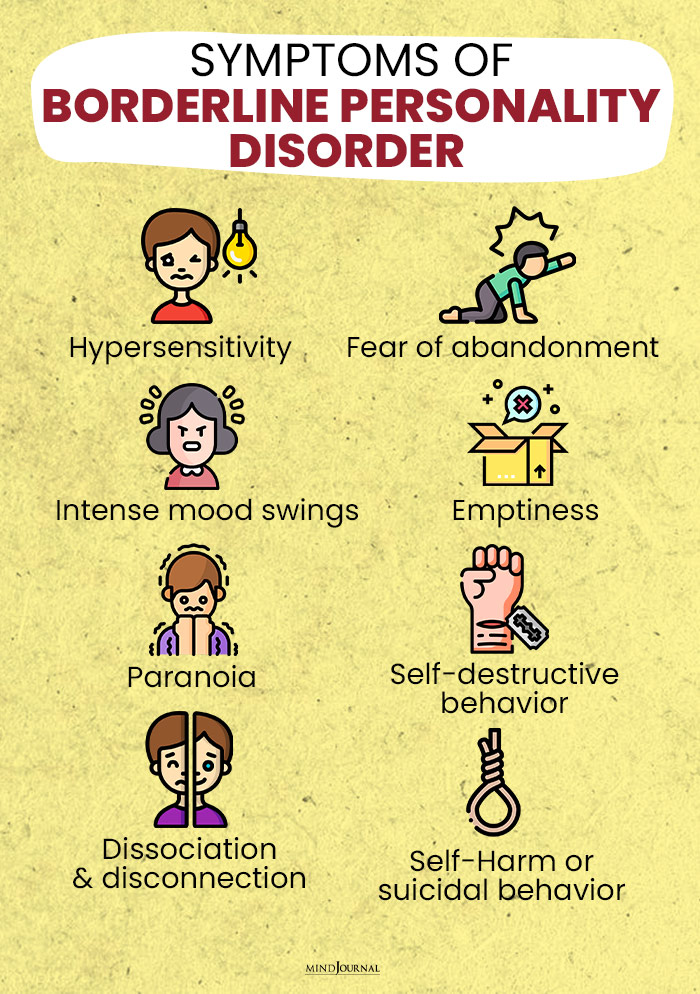
What Are The Most Common Borderline Personality Disorder Traits?
A person exhibiting borderline personality disorder traits struggles with self-image issues, managing emotions, controlling their behavioral patterns, and in general functioning in their day-to-day lives.
1. Fear Of Abandonment
One of the most prevalent Borderline Personality Disorder traits is the unsubstantial fear of being left alone. A person suffering from BPD most often fears that they might get abandoned by their loved ones and this fear of abandonment might get triggered by insignificant events such as a partner coming late from work or a friend going away for a trip. A BPD patient might plead, fight, or try to physically prevent the other from moving. Sadly, this behavior often pushes people away and leads to actual abandonment.
2. Blurry Self-Image
People with BPD miss a sense of self and have self-image issues. They are not clear about their identity and what they want from life. This cluelessness about who they truly are prevents them from living a happy and functional life. As they are not sure about their goals, ambitions, passions, and desires, they are most likely to hop jobs, partners, friends, or even their sexual and religious identity.
3. Unstable Relationships
One of the visible Borderline Personality Disorder traits is people with BPD tend to get in unstable relationships that are often short-lived. Those who suffer from this psychological disorder are quick to fall in and out of love. Their affairs are generally intense and extreme. They go from idealization to devaluation within a short span of time. In most cases, people suffering from BPD feel dejected and heartbroken by their relationships and tend to take it out on their friends and family.
4. Self-Sabotaging Behavior
Recklessness, which leads to self-destruction, is another of the Borderline Personality Disorder traits. Someone who’s struggling with emotional dysregulation due to this mental illness, shows risky behavioral patterns like shoplifting, rash driving, substance abuse, engaging with questionable sexual partners, and such. These acts might help them with a rush of excitement or by helping them take their mind off things, but in the long run, this type of behavior hurts them and ruins their well-being.
5. Extreme Mood Swings
Mood instability is another of the common Borderline Personality Disorder traits. Patients go through phases of intense emotional swings, where they oscillate between happiness, anger, despondence, etc. within a matter of a few minutes or hours. Though these mood swings are short, they are recurring in nature and can be quite damaging for the mental state of the sufferer. Trivial matters can send their moods down the rabbit hole.
Read: 5 Ways To Keep Yourself Calm During A Triggering Event
6. Impulsiveness
Impulsiveness has to be one of the most prominent Borderline Personality Disorder traits. All the self-harming, risky, and questionable behaviors can be attributed to the impulsive nature of BPD patients. Generally, they do not have control over their impulsive nature and this proves to be detrimental to their safety and reputation.
7. Self-Harm
Deliberate self-injury and being suicidal are two raging signs of borderline personality disorder. Suicidal behavior might include suicide ideation, threats to commit suicide, and the actual suicide attempt. Whereas other self-harm practices like cutting or burning, are carried out by people with BPD without the intention of committing suicide. All self-harm attempts are a cry for help and need medical attention as well as the care and support of their loved ones.
Read: How To Help A Person Who Is Feeling Suicidal
8. Chronic Emptiness
A constant feeling of emptiness is quite common among people with BPD. They often describe it as a void or hole inside them. This chronic feeling of feeling like being nobody or nothing certainly can be unbearable. In order to cope with this, a person with BPD might sort out drugs, alcohol, food, or sex. But without proper medical attention, this emptiness is impossible to do away with.
9. Frequent Outbursts
Frequent outbursts of intense rage are often seen among people struggling with BPD. They tend to have a short temper and once they get mad at something or someone, it is difficult for them to control their anger. They engage in violent behavior such as throwing stuff, yelling, or even physical assault. Once consumed by anger, a person with BPD fails to rationalize or manage their emotions.
10. Delusions
This undoubtedly tops the most serious Borderline Personality Disorder traits. Patients sometimes completely lose connection with reality and become delusional. When this happens, they might get paranoid or suspicious of the intention of others, and at other times they might dissociate from the present moment and their bodies. Feeling zoned out, foggy, or spaced out are some of the signs of Borderline Personality Disorder.
Let’s Look At Some Other Mental Health Issues That Might Accompany The Borderline Personality Disorder Traits:
- Bipolar Disorder
- Depression
- Anxiety
- Eating Disorder
- Substance Abuse
- Post Traumatic Stress Disorder (PTSD)
- Attention-Deficit / Hyperactivity Disorder (ADHD)
How To Cope?
Several mental health professionals believe that Borderline Personality Disorder occurs due to a combination of hereditary or genetic factors and environmental factors, such as trauma, violence, etc. Whichever be the case if you or someone you love are going through these signs of BPD, don’t give up hope.
Read: How To Heal From Childhood Trauma When Its Hampering Your Mental Health
1. Talk To A Professional
There are a number of healthcare options available that are designed to help people with Borderline Personality Disorder live a healthy and functional life.
2. Call
If you are having suicidal thoughts, please ring up your local suicide helpline or call the emergency services.
3. Ask A Friend
Don’t suffer alone, open up to someone whom you trust and share your difficulties. When plagued by destructive and impulsive thoughts, pause and ask for advice.
4. Self-Help
Help yourself to calm down and process your emotions. Get your hands on books and online tools that can guide you through this challenge. Write down your thoughts and practice introspecting your decisions.
You Are Your Biggest Support
At the end of the day, you need to love yourself and be your best friend. Try to see yourself as someone whom you want to see happy and prosper in life. Life can be hard at times, but never give up on yourself.
Read: 7 Ways to Know Therapy is Working for You
Frequently Asked Questions
How living in a toxic environment can affect someone with a borderline personality disorder?
People with BPD are biologically sensitive and vulnerable. When they live in an unsupportive environment, their sensitivity turns into instability. Also, the environment has a significant effect on impulsivity, thus leading them to react more hastily and intensely.
Why do people with BPD doubt or question everything that happens in reality?
BPD is linked to several cognitive issues including problems related to the thinking process. When triggered, their perception of reality gets distorted and they tend to misread situations or blow things out of proportion.
Can people who are diagnosed with BPD misbehave with their loved ones?
BPD makes people struggle with their sense of self and reality. As a result, they go through intense mood swings and often lash out at others. They also act out in other ways such as splurging, substance abuse, infidelity, and other impulsive behavior.
How should someone treat a person with BPD while being in a relationship with them?
Someone who is in a relationship with a person suffering from BPD should learn about the disorder so that they can understand what their loved one is experiencing. They need to seek treatment for the patient, empathize, and offer their care and support.
Are intrusive thoughts a symptom of borderline personality disorder?
Yes, people with borderline personality disorders are prone to intrusive thinking.
What other disorders do people with BPD have?
People with BPD are likely to develop health conditions like depression, substance misuse, anxiety disorders, eating disorders, mood disorders, post-traumatic stress disorder (PTSD), etc.
Can borderline personality disorder make you forget things?
People with borderline personality disorder do not usually suffer from memory problems, but they tend to have specific difficulties forgetting negative information.
Do people with borderline personality disorder talk a lot?
That people with BPD talk a lot is a popular misconception. Instead, research shows that people suffering from borderline personality disorder tend to be quiet and hurting.
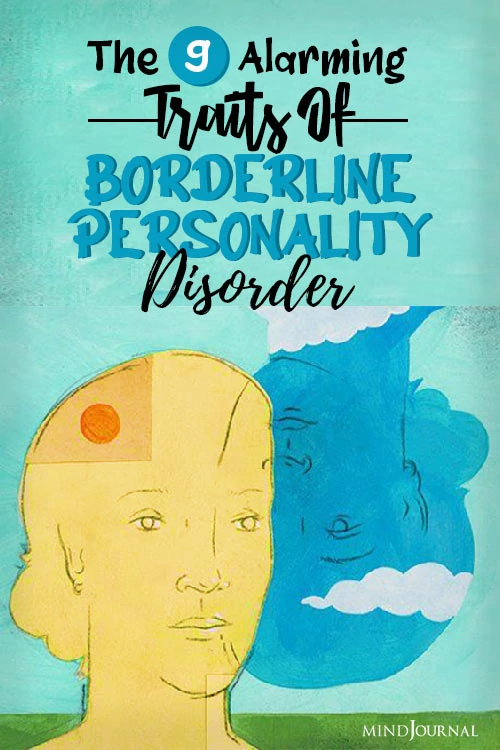
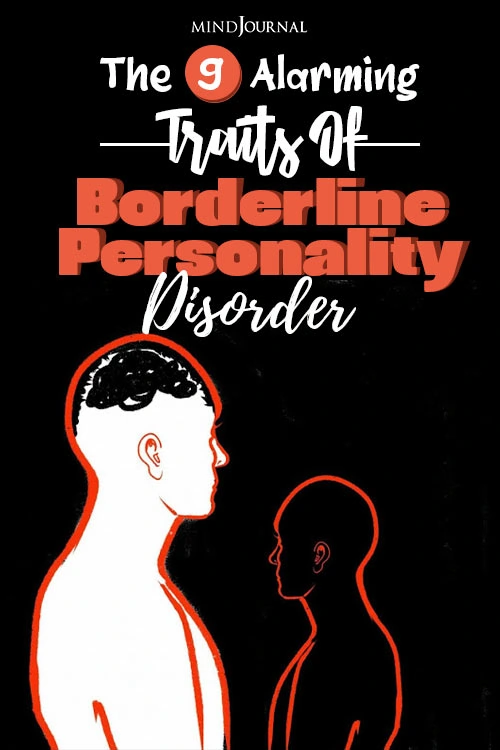
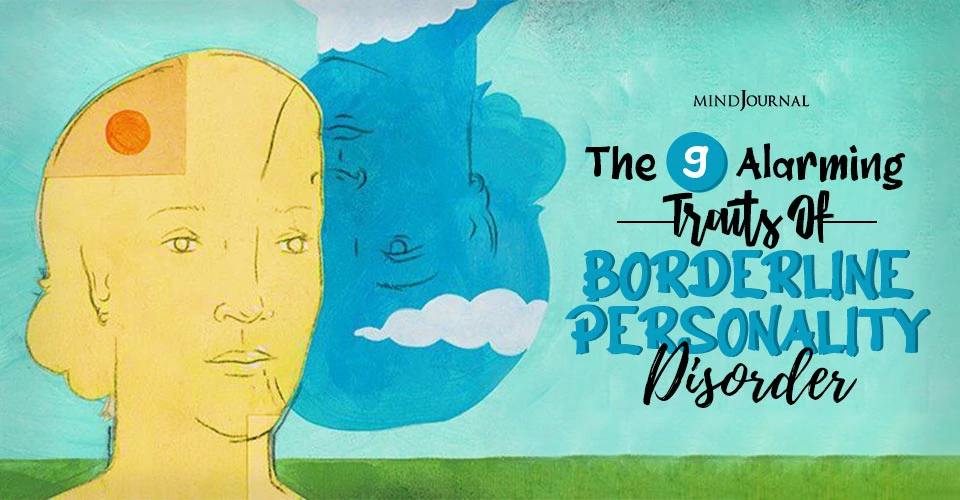




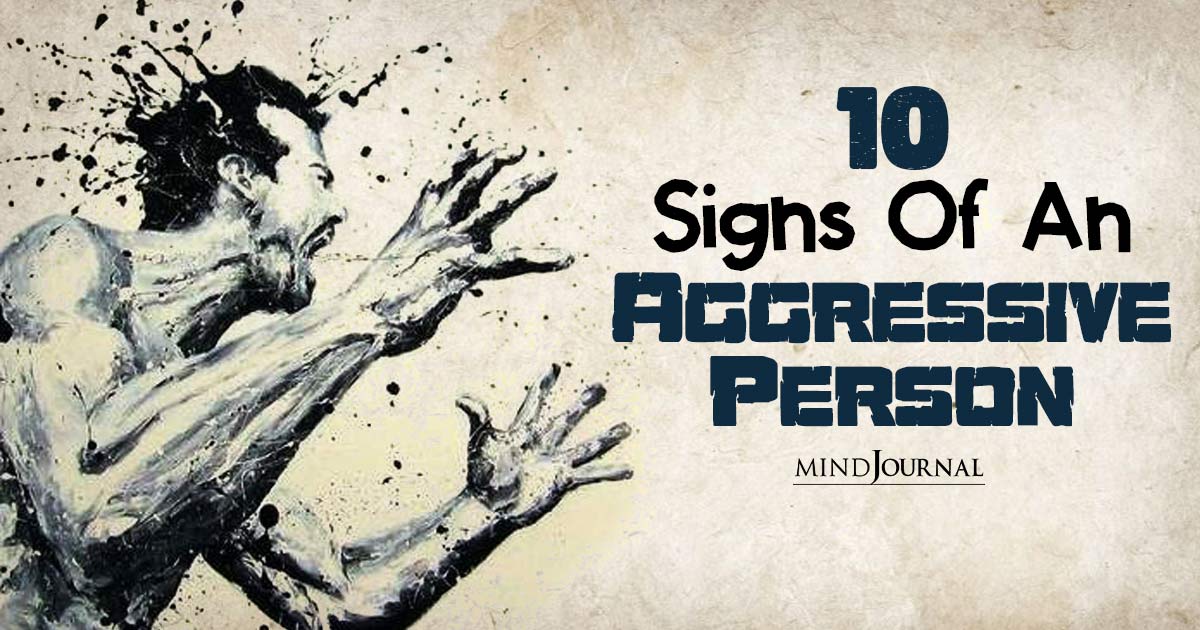


Leave a Reply
You must be logged in to post a comment.